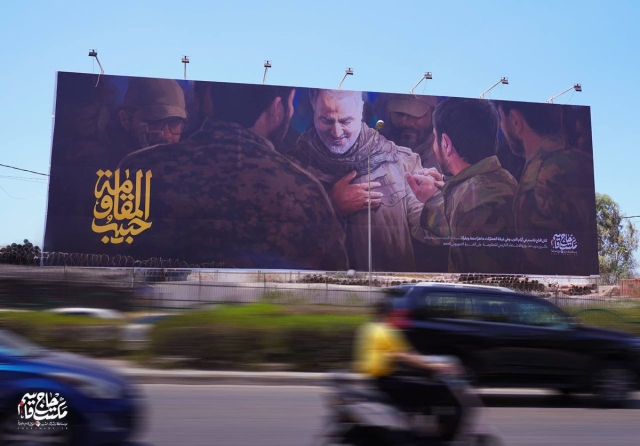On July 12th, 2006, The Second Lebanon War begins when Hezbollah launched Katyusha rockets and mortars at Israeli border towns and Israel Defense Forces positions, a diversion for a well-planned raid across the border to ambush an IDF patrol. What Hezbollah calls Operation Truthful Promise ends up killing three Israeli soldiers and results in the abducting of two others, Eldad Regev and Ehud Goldwasser, who are taken to Lebanon in the hope of exchanging them for Lebanese prisoners held by Israel. Five Israelis are killed in a failed rescue effort and as a result, the fighting begins.
The First Lebanon War began in 1982 when Israel invaded its northern neighbor to drive the Palestine Liberation Organization forces out of bases in southern Lebanon. Hezbollah, a Shiite militia, was born that year and partially as a reaction to the Israeli forces in Lebanon. After the PLO left Lebanon, Hezbollah grew into a powerful political and military movement with heavy Syrian and Iranian backing.
#TodayInHistory | 2006: Lebanon War between Hezbollah & Israel Defense Forces begins pic.twitter.com/77x0g87Ta8
— WION (@WIONews) July 12, 2023
Israel ended 18 years of occupation of southern Lebanon in 2000. With Iranian money and weapons, Hezbollah consolidated control over the entire border area, from which it struck Israel with raids and missiles. It pioneered its cross-border raids to capture Israeli soldiers with an ambush that captured Adi Avitan, Omer Soued, and Binyamin Avraham on Oct. 7, 2000; Hezbollah killed the three soldiers and held their bodies until it could arrange a prisoner exchange which came into fruition only in 2004.
The war continues until the UN Security Council passes Resolution 1701 on the 11th of August. It calls for a permanent cease-fire, the withdrawal of Israeli forces from Lebanon and of Hezbollah and all other militias from the area south of Lebanon’s famous Litani River, the presence of an enlarged UN Interim Force in Lebanon in that area, and the return of all Israeli prisoners. The cease-fire goes into effect on August 14th, although occasional Hezbollah rocket attacks and skirmishes continue the next day.
The occupation of Lebanon by the Islamic republic of Iran continues: this disgusting billboard was put up in Beirut near the airport in honor of the anniversary of the Second Lebanon War: pic.twitter.com/UgSH7np6sO
— Emily Schrader - אמילי שריידר امیلی شریدر (@emilykschrader) July 12, 2023
The war kills 19 Israeli civilians and 121 IDF soldiers. In addition, 1,384 civilians and 1,244 soldiers are wounded. Hezbollah fires 3,990 rockets at Israeli civilian targets during the war. Hezbollah, which claims victory by resisting the IDF and managing to survive, loses an estimated 500 to 600 soldiers, and more than 1,000 Lebanese civilians are killed as a result of heavy inner-city gunfights. Hezbollah returns the bodies of Regev and Goldwasser to Israel in exchange for prisoners and bodies only on July 16, 2008.


